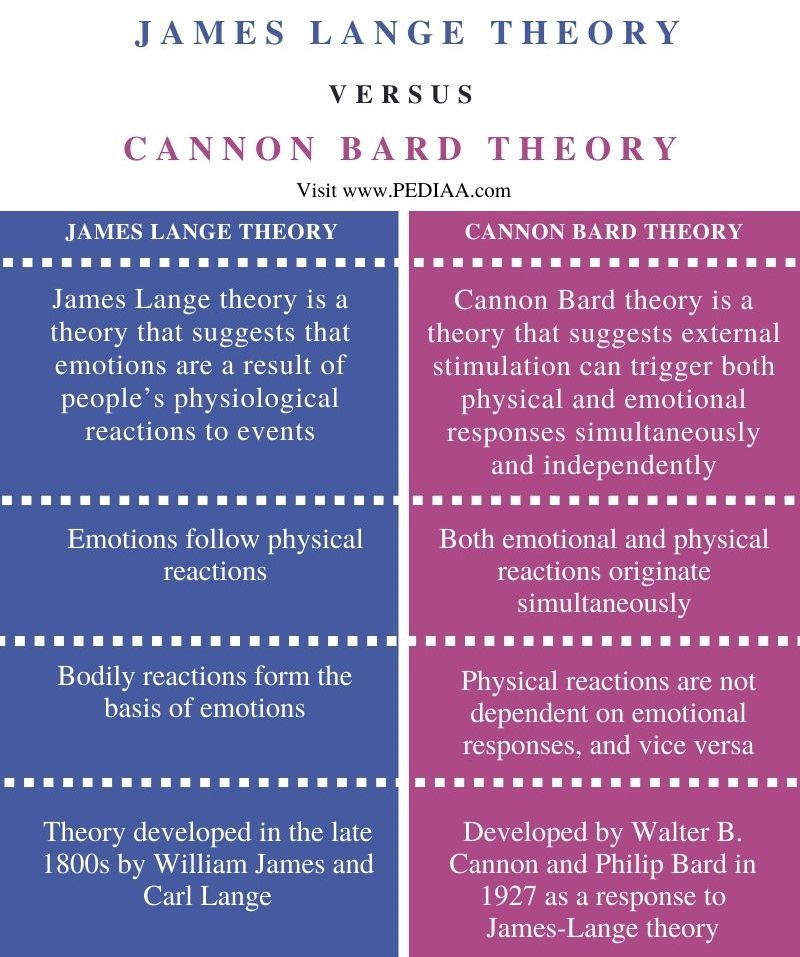Emotions are complex psychological and physiological experiences that are central to our lives. They are often accompanied by changes in our body, thoughts, and behaviors, and they can be influenced by various factors such as culture, social context, and personal experiences. There are many different theories of emotion that attempt to explain how emotions arise, how they are experienced, and how they influence our thoughts and behaviors.
One theory of emotion is the James-Lange theory, which suggests that emotions are the result of physiological arousal in the body. According to this theory, we experience emotions when we become aware of physiological arousal in response to a particular stimulus. For example, if we see a snake, our body may respond with an increased heart rate and rapid breathing, and we may feel fear as a result. The James-Lange theory suggests that the physiological arousal is the emotion itself, rather than a response to the emotion.
Another theory of emotion is the Cannon-Bard theory, which suggests that emotions and physiological arousal occur simultaneously, rather than one being the cause of the other. According to this theory, the body's physiological arousal is not the emotion itself, but rather a response to the emotion. For example, if we see a snake, we may feel fear and our body may respond with an increased heart rate and rapid breathing at the same time.
A third theory of emotion is the cognitive theory, which suggests that emotions are the result of the interpretation of stimuli and our evaluation of the situation. According to this theory, emotions are not automatic responses to stimuli, but rather they are the result of our thoughts and perceptions about the situation. For example, if we see a snake, we may interpret it as a threat and feel fear as a result.
All three of these theories of emotion offer different perspectives on how emotions arise and are experienced. While there is no one "correct" theory of emotion, each of these theories can help us understand how emotions work and how they influence our thoughts and behaviors. Overall, the study of emotion is a complex and multifaceted field that continues to be the subject of much research and debate.

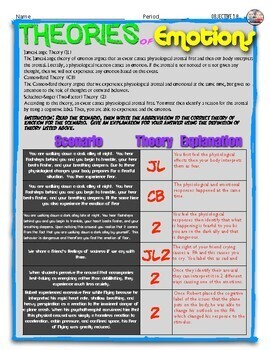

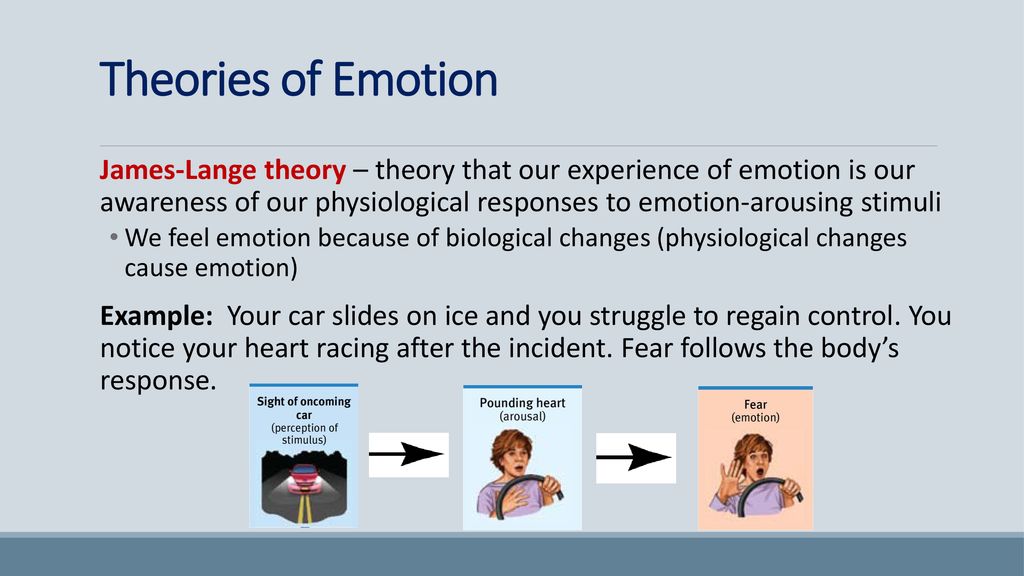
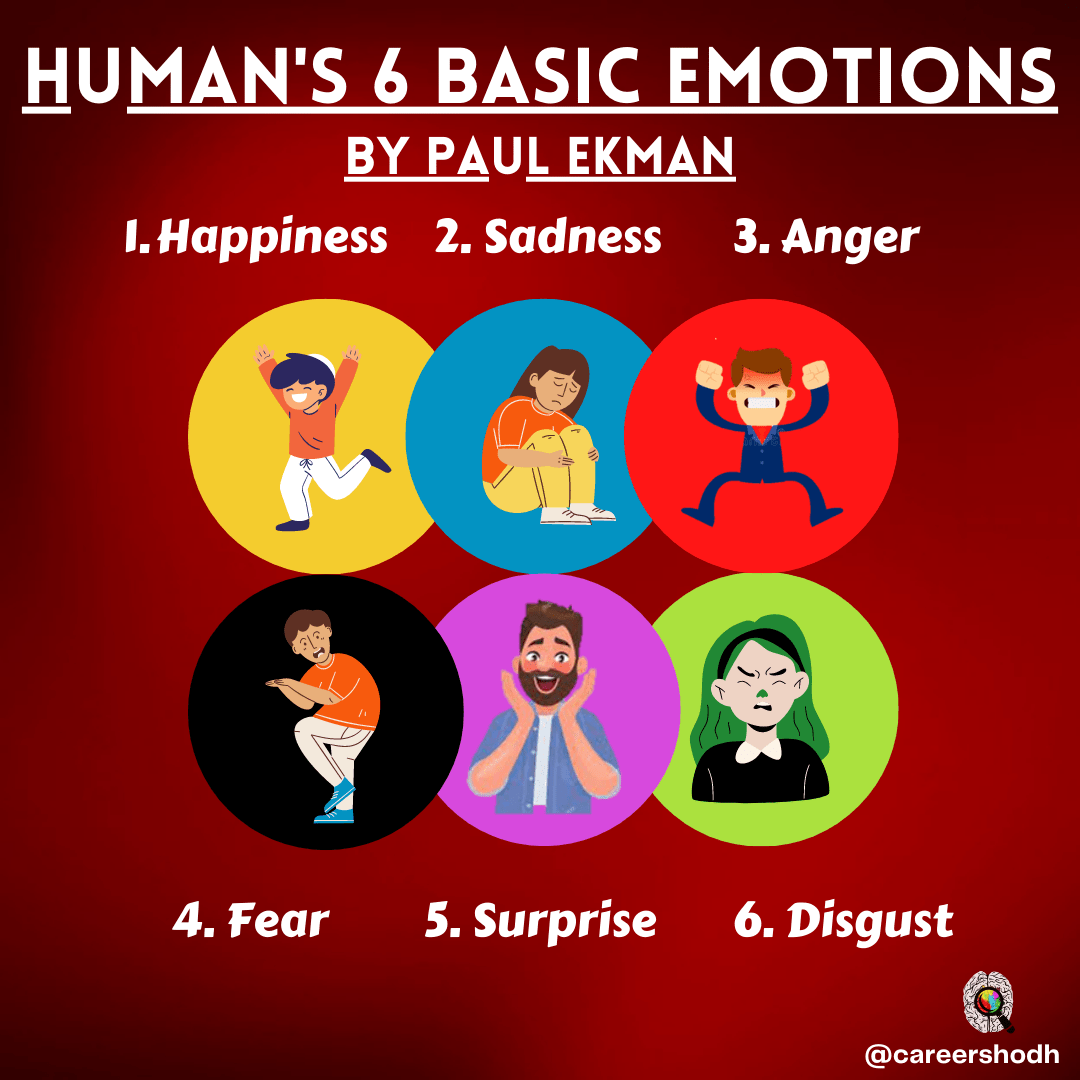
:max_bytes(150000):strip_icc()/what-are-emotions-2795178_color1-5b76d23ac9e77c0050245d75.png)
